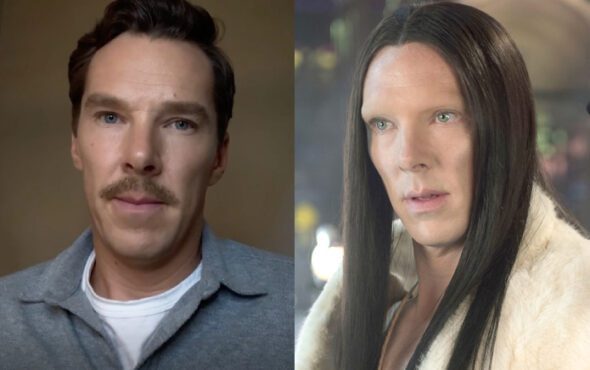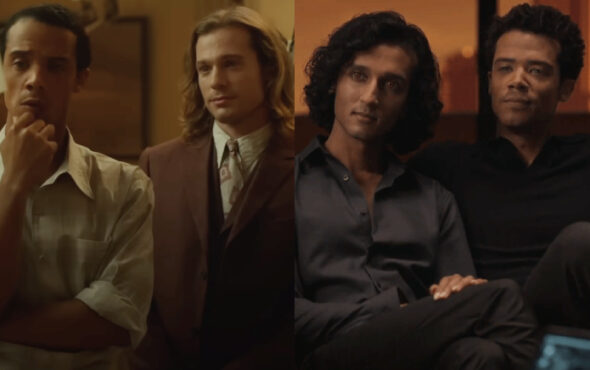
Benedict Cumberbatch has admitted that his widely panned role in Zoolander 2 backfired.
In 2001, Paramount Pictures released the fashion comedy Zoolander. The film became a hit with viewers for its outlandish portrayal of the modelling industry.
Fifteen years later, a star-studded sequel to the Ben Stiller-led film was announced.
The movie featured an array of A-list actors, including Penelope Cruz and Cumberbatch, with the latter cast as non-binary model All.
After the trailer’s release, LGBTQ+ advocates drafted up a petition boycotting the film.
“Cumberbatch’s character is clearly portrayed as an over-the-top, cartoonish mockery of androgyne/trans/non-binary individuals. This is the modern equivalent of using blackface to represent a minority,” the petition said.
“If the producers and screenwriters of Zoolander wanted to provide social commentary on the presence of trans/androgyne individuals in the fashion industry, they could have approached models like Andreja Pejic to be in the film.”
In a recent episode of Variety’s Actors on Actors series, the British talent opened up to Cruz about the controversial film and his character.
“There was a lot of contention around the role, understandably now. And I think in this era, my role would never be performed by anybody other than a trans actor,” he said.
“But I remember at the time not thinking of it necessarily in that regard, and it being more about two dinosaurs, two heteronormative clichés not understanding this new diverse world.
“But it backfired a little bit. But it was lovely to meet you in that brief moment and to work with Ben [Stiller] and Owen [Wilson].”
Cruz, who played secret agent Valentina Valencia, described the actor’s performance as “funny”.
Cumberbatch’s interview comes a few months after he defended straight actors playing gay roles.
While attending Telluride Film Festival for his Netflix project The Power of Dog, Cumberbatch said: “I feel very sensitive about representation, diversity, and inclusion.”
In the film, his character Phil Burbank has been perceived as queer, although never directly being described as such.
“One of the appeals of the job was the idea that in this world, with this specific character, there was a lot that was private, hidden from view,” he continued.
“It wasn’t done without thought. I also feel slightly like, is this a thing where our dance card has to be public? Do we have to explain all our private moments in our sexual history? I don’t think so.”
The Doctor Strange star went on to state that director Jane Campion “chose us as actors to play those roles. That’s her question to answer.”
Watch Cumberbatch’s full Actors on Actors episode here.



